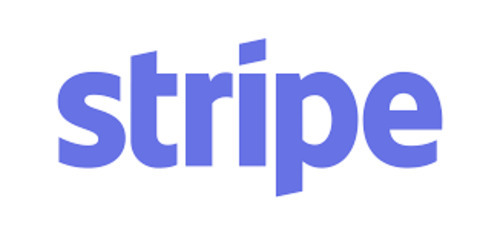En quoi consiste le royalty crowdfunding ?
Le crowdfunding s’est particulièrement développé ces dernières années en France. Il propose trois principaux outils de financement aux entreprises : le don, l’investissement en capital et la dette. Depuis 2015, les royalties permettent de répondre aux besoins des jeunes pousses françaises. Cette solution innovante et encore méconnue consiste à faire participer les investisseurs à la levée de fonds d’une startup et à recevoir en échange un pourcentage de son chiffre d’affaires. Le financement en royalties s’adresse donc principalement aux entreprises en phase d’amorçage ayant des difficultés à obtenir un prêt auprès des banques et trouvant rarement des accords équilibrés avec les investisseurs.
En France, WeDoGood s’impose comme le principal acteur du financement en royalties. Plus de 4 millions d’euros ont été levés via la plateforme auprès de 4 500 investisseurs. Depuis son lancement en 2015, l’entreprise double son volume d’activité chaque année. D’autres acteurs proposent cette solution comme Vendée’Up ou encore Mipise.
Une solution de financement pour les entreprises du web
Créée en 2011 et basée à San Francisco, Stripe, après avoir réalisé une enquête auprès de ses 100 000 clients, a constaté que la principale difficulté rencontrée par les entreprises du web qui souhaitent se développer est l’accès au financement. En effet, les acteurs bancaires traditionnels ne parviennent pas à s’adapter aux spécificités de ces sociétés.
La Fintech propose désormais à ses clients de les financer en contrepartie d’un pourcentage de leur chiffre d’affaires, prélevé sur les transactions passant par la plateforme. Ce mode de financement, alliant rendement pour l’investisseur et facilité de mise en place, est très intéressant pour les entreprises. L’intérêt majeur est de pouvoir obtenir des fonds sans avoir à ouvrir le capital.
Preuve que ce modèle prend de l’ampleur en France, certaines startups comme Royalti proposent depuis peu aux PME de faciliter le paiement des prestations via des royalties. Les entreprises peuvent alors préserver leur trésorerie tout en créant des relations de long terme avec leurs prestataires.
Cette annonce de Stripe fait suite à la réalisation d’une nouvelle levée de fonds de 250 millions de dollars auprès de General Catalyst, Sequoia et Andreessen Horowitz notamment. La Fintech, aujourd’hui présente dans 34 pays, poursuit ainsi son développement et élargit progressivement sa gamme de produits. Son objectif est d’accompagner les entreprises, quelle que soit leur taille, dans le développement de leur business à l’international. Aux États-Unis, la société a dernièrement lancé deux nouveautés : Stripe Corporate Card, une carte de crédit de gestion des dépenses des entreprises du web, et Stripe Capital permettant à ces dernières d’accéder aux fonds dont elles ont besoin plus facilement.
